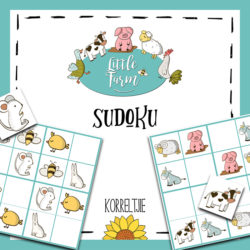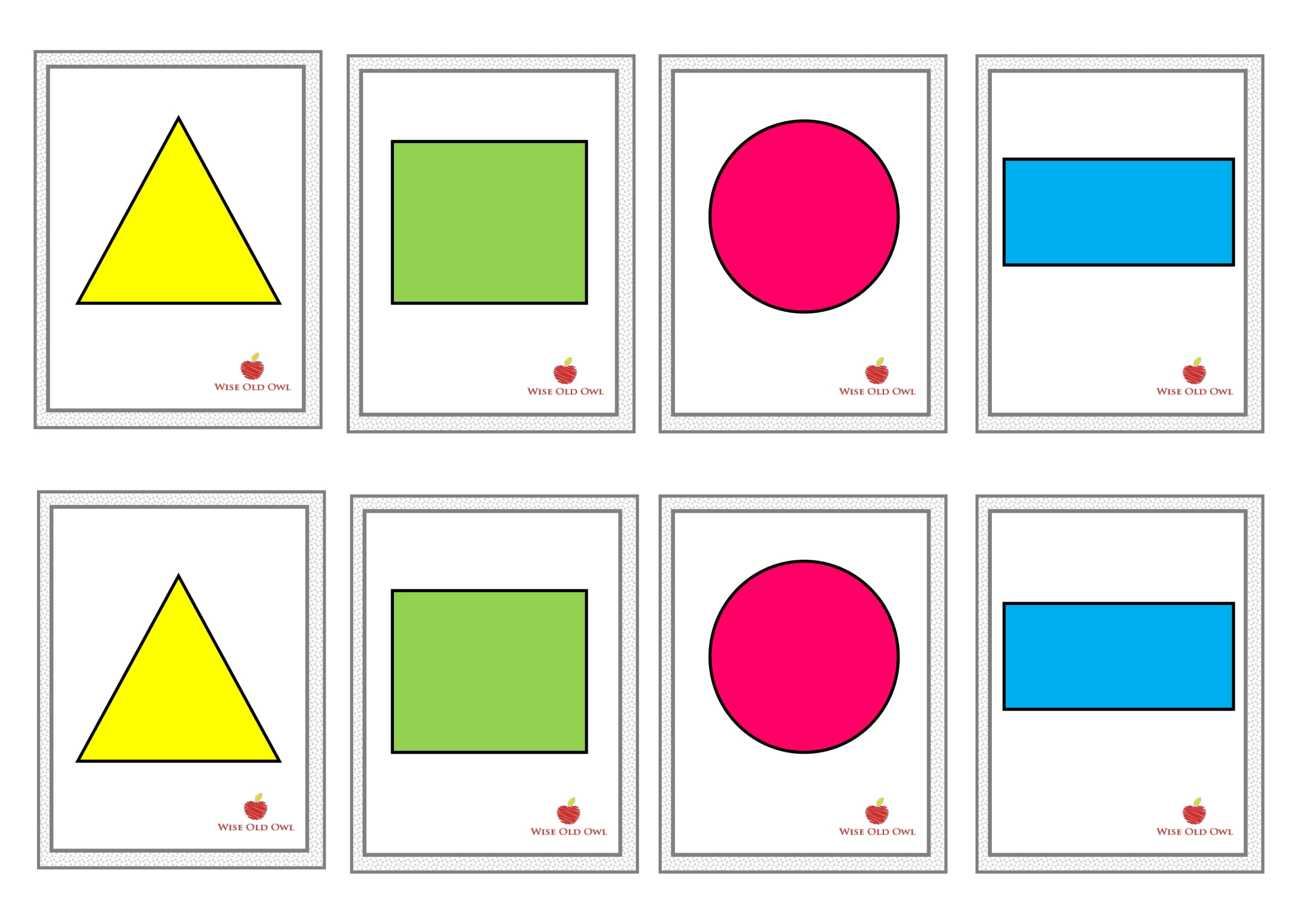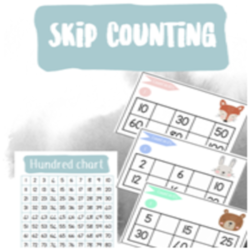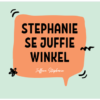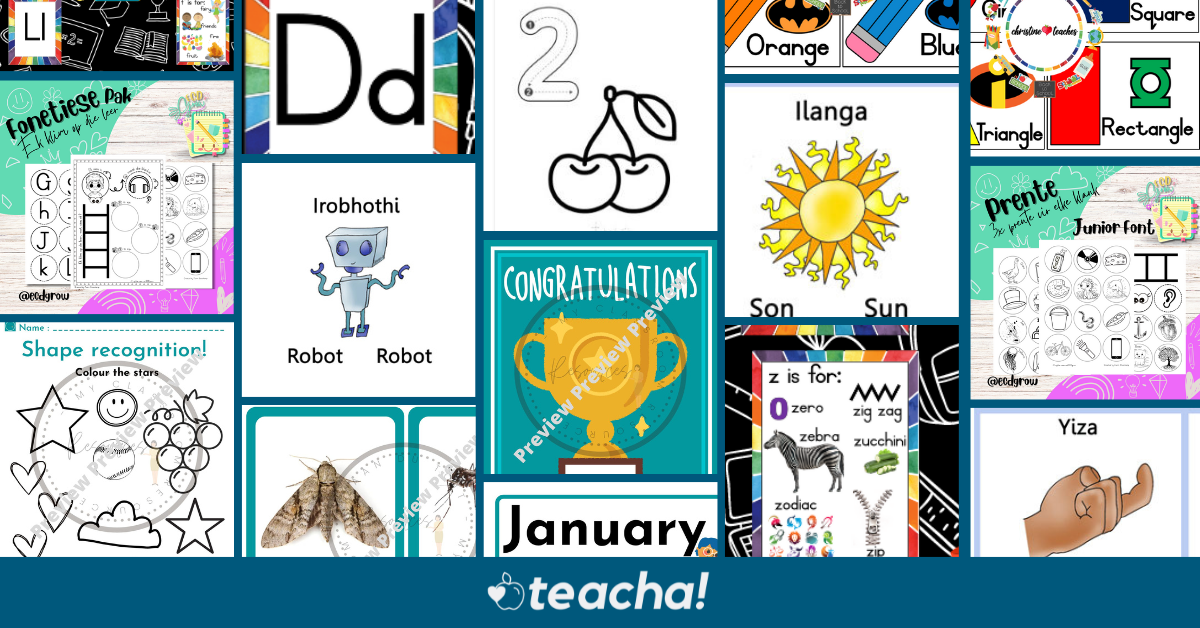Resources to develop thinking skills

Critical thinking skills are one of the most important skills a child needs for life beyond school. Students need to learn how to examine, question, evaluate and challenge information in order to grasp problem-solving and come up with effective solutions.
Here are some resources that will help your learners develop these very necessary thinking skills:
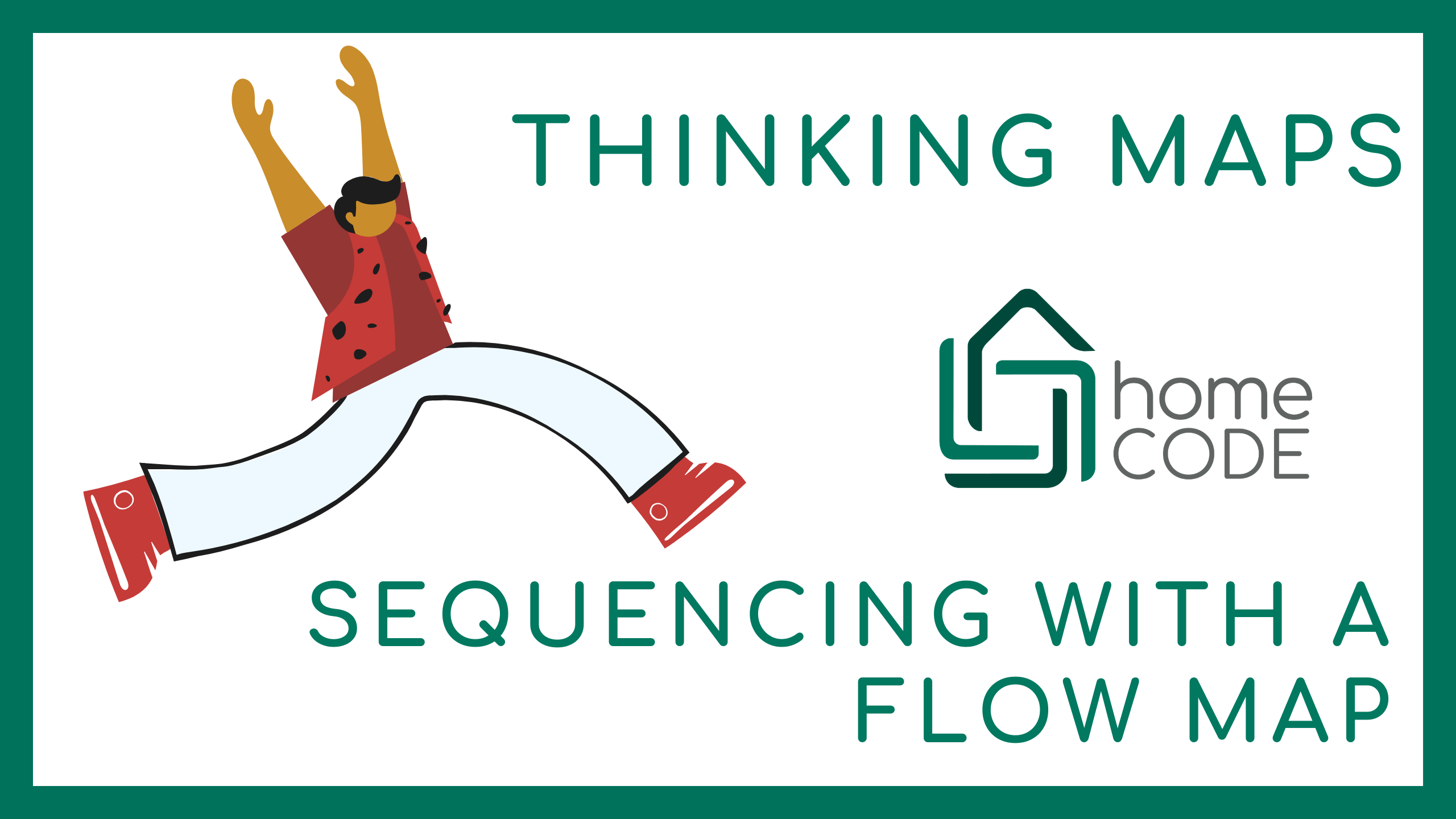
Thinking Maps - Flow Maps (Templates and Activities)
Description
Being able to plan out the logical steps or recognise the needed algorithm for a situation is an essential thinking skill. Flow maps are a phenomenal tool to practise and visualise this type of thinking. In this pack there are multiple activities and templates. Watch the video explanation here: https://youtu.be/XwVQrrteS6c
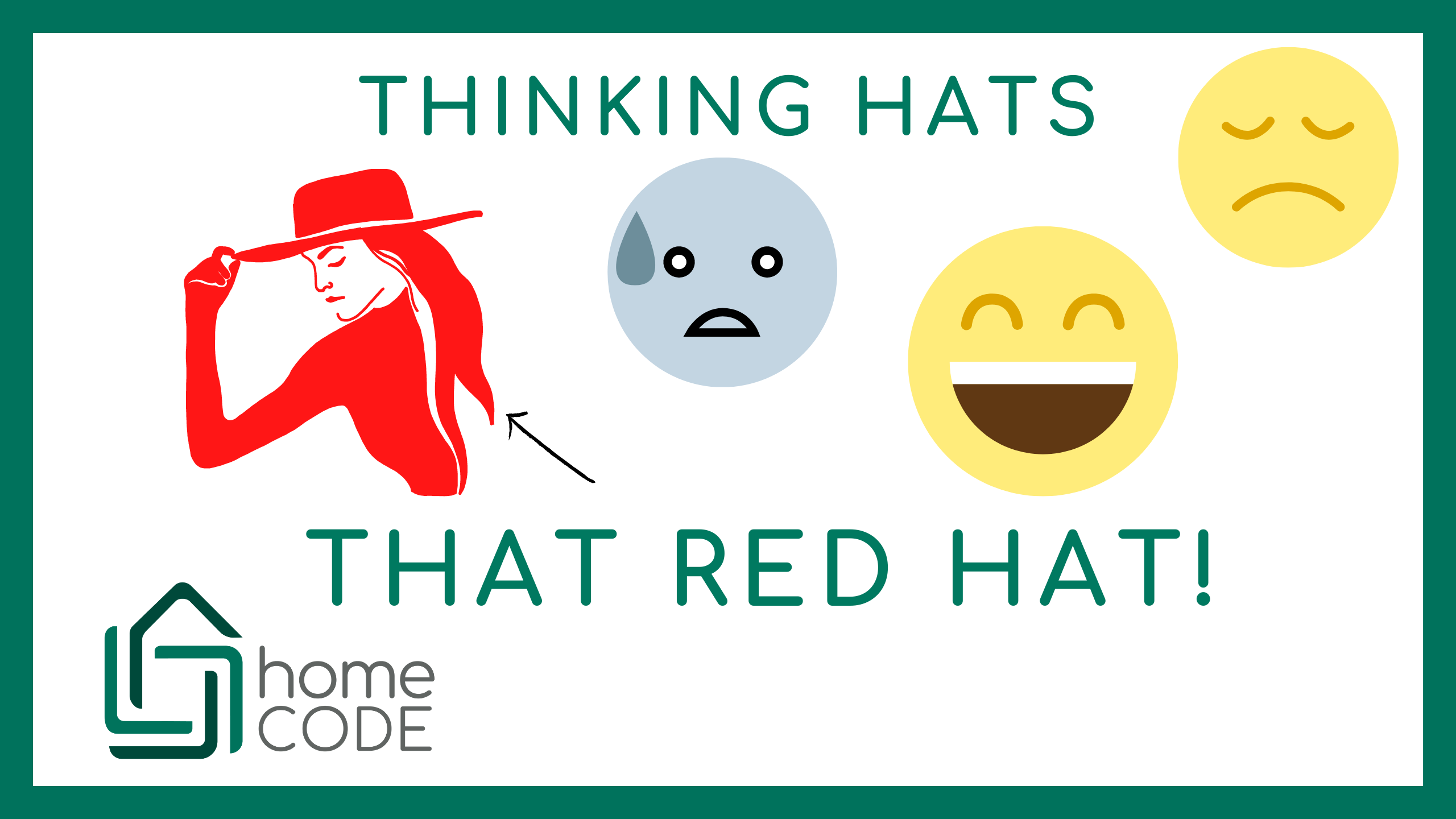
Thinking Hats - Red Hat Activities
Description
Several activities to get you and your learners started on exploring thinking hats, specifically, the Red Thinking Hat of Emotion :).

Phases of the Moon Coding and Thinking Skills Lesson
Description
A full lesson plan for teaching Grade 5-7s about the Phases of the Moon using the free coding tool, Scratch. Learners will utilise several thinking routines as well as develop their own Scratch animation to develop their understanding of this phenomenon. This document includes links to all required resources, a parent/teacher training page and student handouts in both PDF and .docx formats. This lesson is CAPS aligned for Grade 7 Natural Science but can be taught and understood from a Grade 5 level. Here is the accompanying YouTube video where I explain each of the steps: https://youtu.be/nmI698KcZDk To get 3-4 coding integrated lesson plans a week, you can become a patron of homeCode at https://www.patreon.com/homecode If you have anymore questions or want to request a lesson plan, feel free to email me at chris@homecode.co.za.

Thinking Hats - Black Hat Activities
Description
Engaging a topic or problem critically is an essential 21st Century Skill. In using the Black Thinking Hat you focus on flaws and possible failure points. In this pack there are three activities to ignite this kind of thinking. You can view the video for them here: https://youtu.be/xXIvyiruLmM



 KES(KSh)
KES(KSh) USD($)
USD($) GBP(£)
GBP(£) GHS(₵)
GHS(₵) NGN(₦)
NGN(₦) MUR(₨)
MUR(₨) BWP(P)
BWP(P) AUD($)
AUD($) TZS(Sh)
TZS(Sh) INR(₹)
INR(₹) PHP(₱)
PHP(₱) AED(د.إ)
AED(د.إ)


